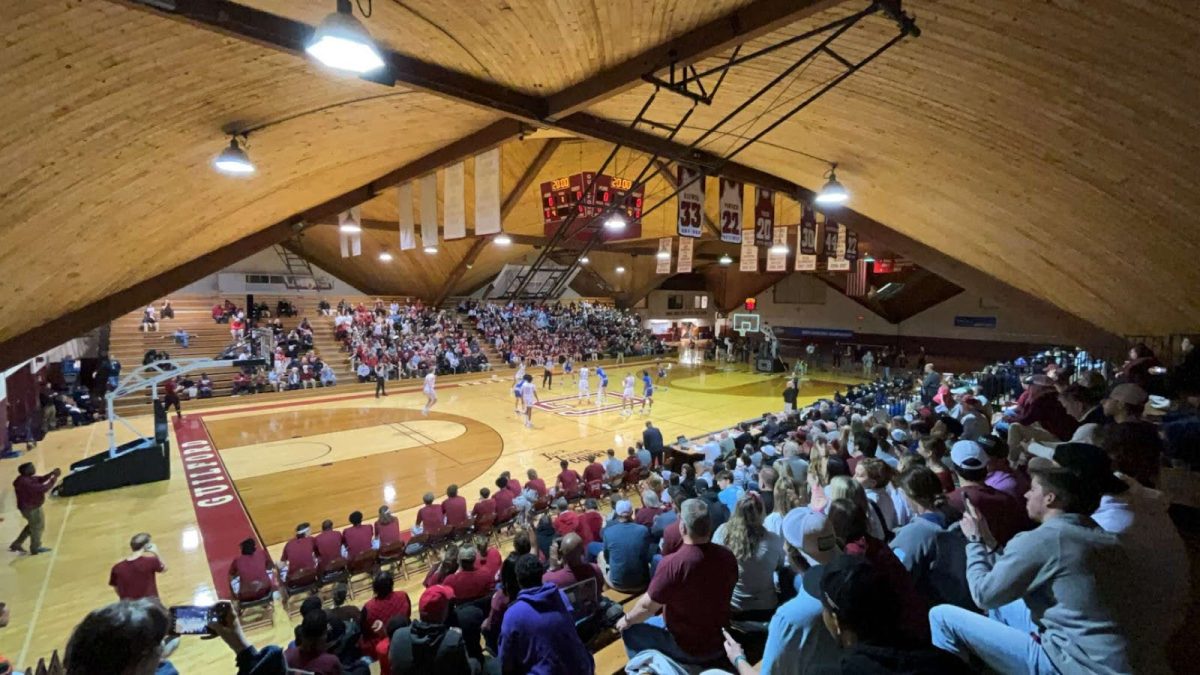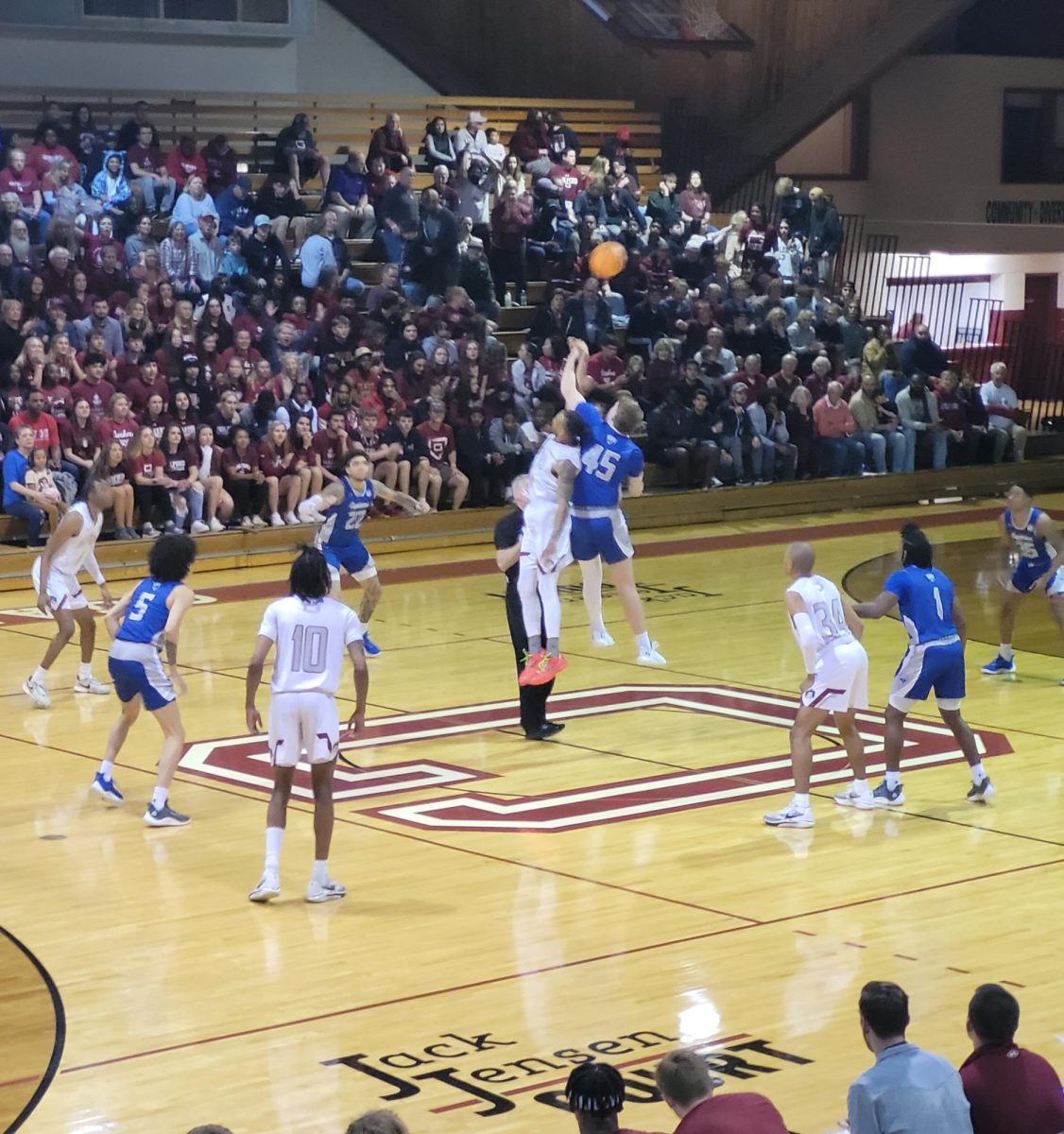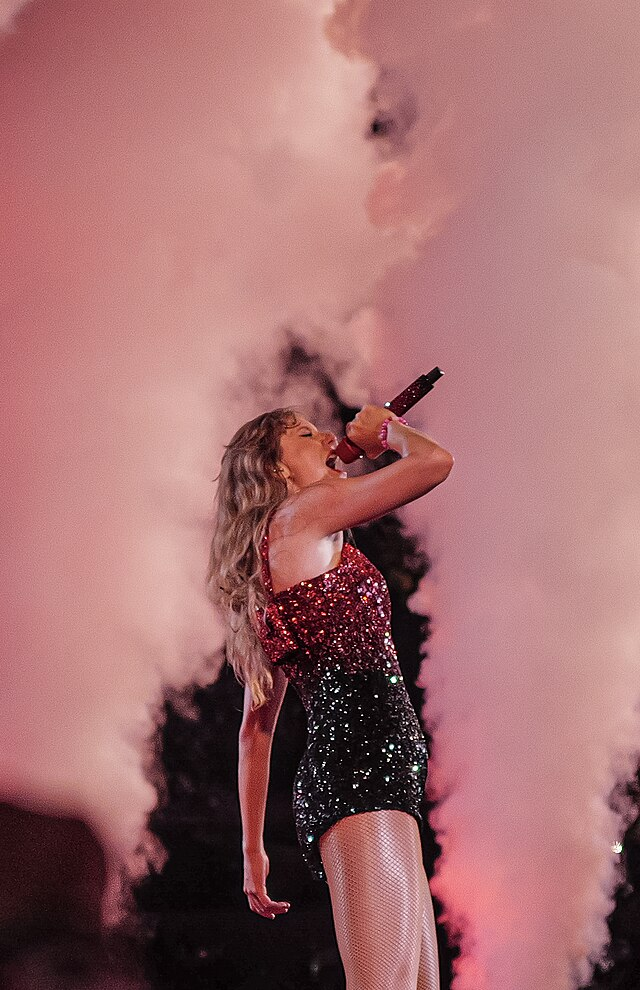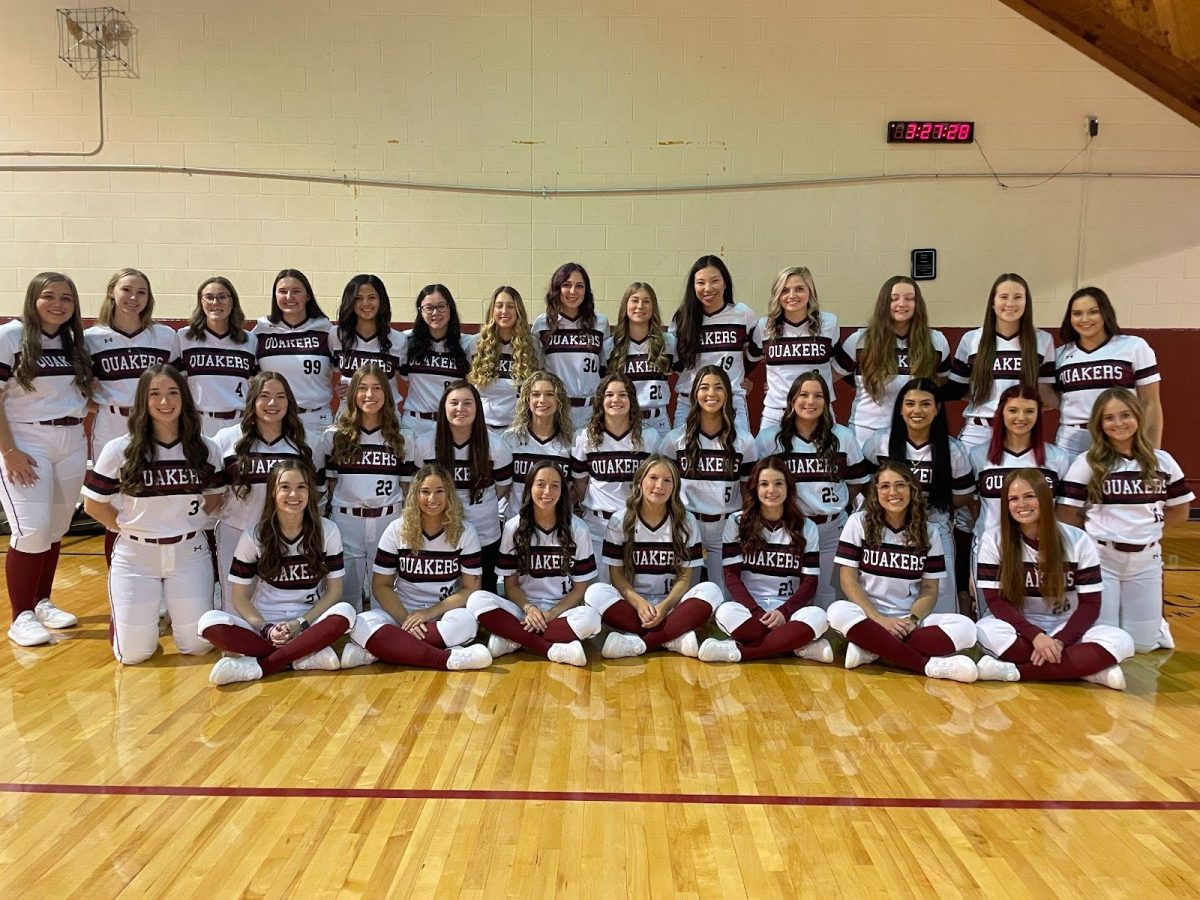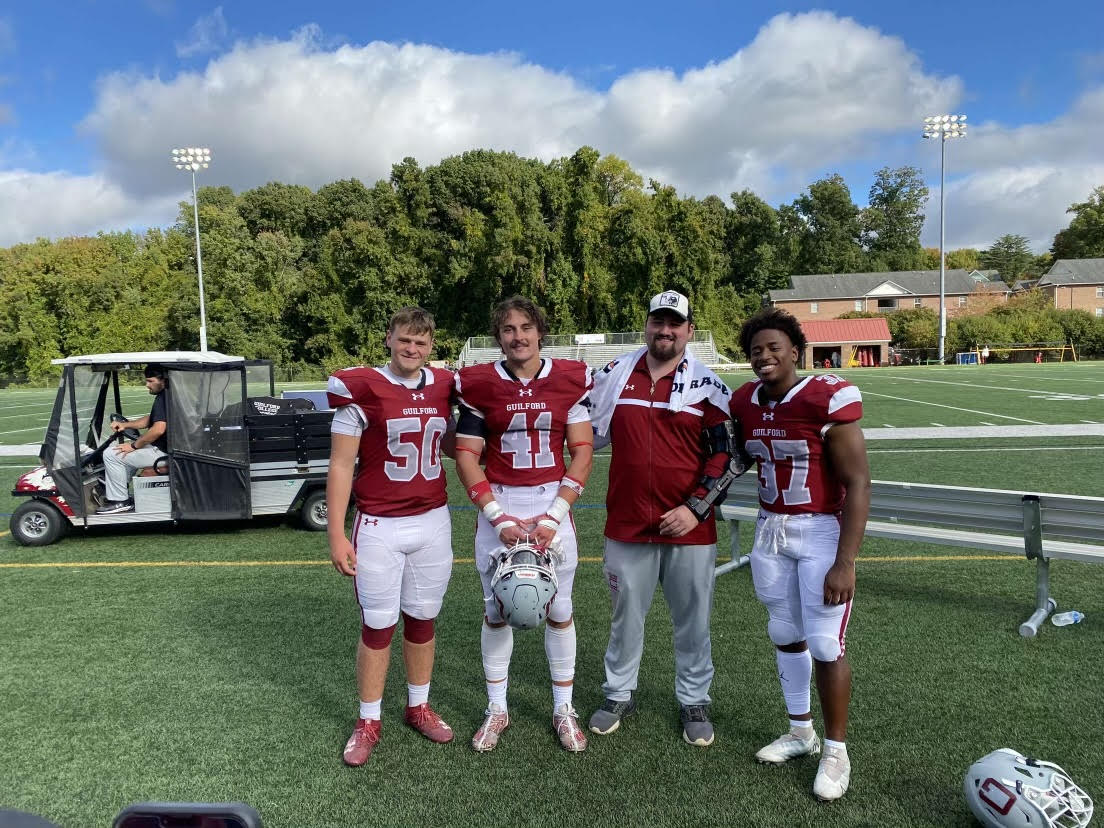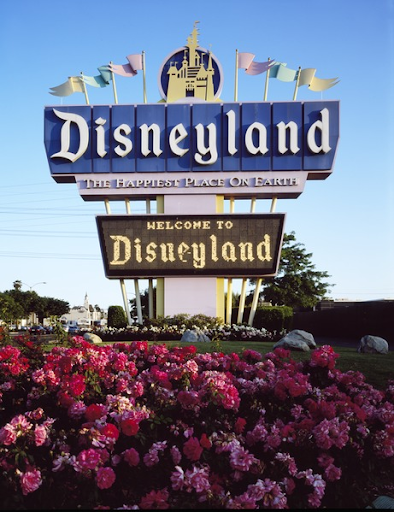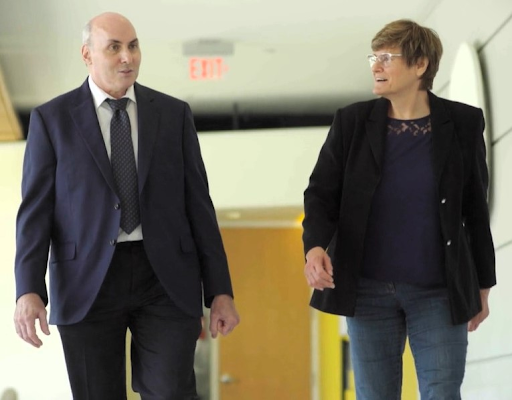Throughout the history of sports, we think back to some of the greatest players and how they have remained with the same team for their entire career.
Nowadays, that has changed. Take for example, Peyton Manning. The quarterback was a four-time NFL Most Valuable Player who has played for the Indianapolis Colts ever since he was drafted in 1998.
Now he has been released and is seeking a different team to finish out the remaining years he has left to play.
Why has moving from team to team become so prelevant in professional sports today?
One of the major reasons for this change is the culture.
Before, there was no such thing as free agency, so it was a lot more common for players to stay at the teams that drafted them. The next point is that there was not a lot of money in sports. People that played sports did not make the millions of dollars that players do now a days.
“Players go where the money is,” said Lavon Williams, Associate Professor of Sports Studies.
Players used to have a sense of loyalty to the city they played for and the fans that loved them. They played with a sense of pride for the organization they were with and wanted to give back to the city where they started their career.
Now with the entrance of free agents into sports, they want to be able to send their clients to one of the major market teams, ensuring them local and national endorsement deals, meaning whoever is bidding the most money wins the athlete.
With the scale of money increasing, contracts are increasingly worth more than they were in the past. The numbers are unbelievable because of the business aspect of sports. In addition to the monetary aspect, another reason players not being able to remain with one team is the aging process.
When it comes to managing a team, general managers are expected to move older players out in order to bring younger, substantially more athletic and more “reliable” players in.
“In professional sports, there has become this arms race when it comes to the roster,” junior Wesley Chappelle said. “Every team is trying to find the fastest, strongest, and most fit players that can help them win, so when they see that age is setting in for some, they have to reevaluate their role for the team and start thinking about replacements who can better the organization.”
Emotions as well as economics play a major role in the cat-and-mouse game that owners, general managers and players enter into.
Moving back to the decision made by the Colts to release Manning, there is a lot of emotion that can set in. During the press conference that announced his release, both team owner Jim Irsay and Manning were crying as they realized that their relationship as owner and player was coming to an end.
“It must be very hard, I can’t imagine being with a team, like Peyton has for so many years, then have to leave all those relationships that would have been made,” said first-year Kaylee Trogdon. “Players should take it personally, especially when they have spent the years that Manning has with a team like the Colts.”
“It is a big portion of your life you dedicate to a team and when it is over, there is always the question of ‘Am I ever going to experience this again,” said Chappelle. “Chances are, with the few years they will have left in their career, probably not.”
Likewise, the fans and organization will be just as greatly affected and should take it as personally as the player.
“The relationship between fans and players is an intimate relationship,” said Williams. “This is a player that they have grown to love to watch as they play and hopefully succeed with their beloved team.”
How can something so personal and meaningful be quickly overlooked as just a business deal?
While modern-day sports may have taken shape as a business model, when it comes to trading players, emotions make it impossible to say goodbye to one that has helped develop a team like Manning had with the Colts.
But sports is a business and the owners and general managers have to make decisions based on what will help their team financially. They have to be able to remove all emotion and designate what is best for the team ahead of all other factors.

